Animal Welfare
All Animal Welfare Content
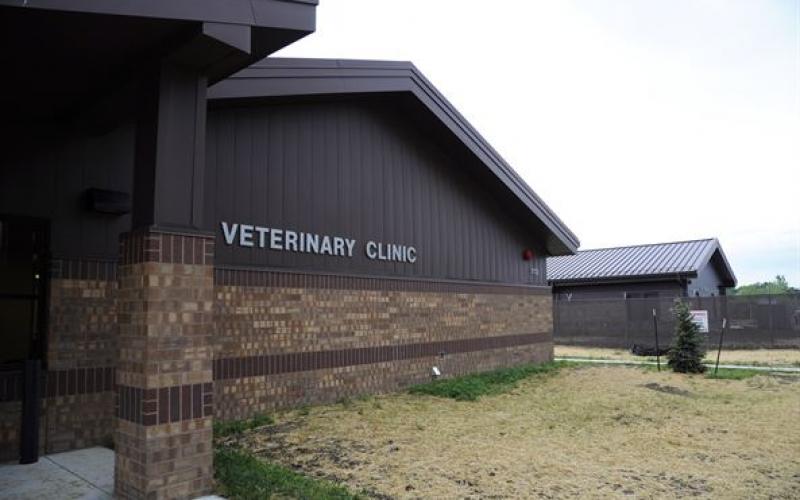
Veterinary Feed Directive: What You Can’t Do With a VFD
Livestock producers and veterinarians have been adjusting to the Veterinary Feed Directive (VFD) rules put into effect on January 1, 2017. With the onset of the rules, producers need to square their previous treatment methods with what a VFD can and can’t do.
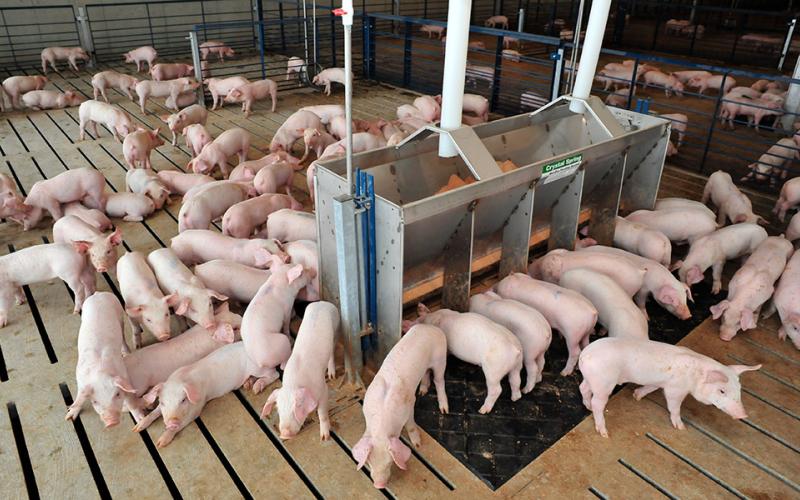
Wean-To-Finish Production Systems Evolve for Healthy Pigs
An important foundation of the efficiency of modern pork production is the industry emphasis on biosecurity. Wean-to-finish barns may provide better biosecurity than separate nursery and grow-finish facilities.
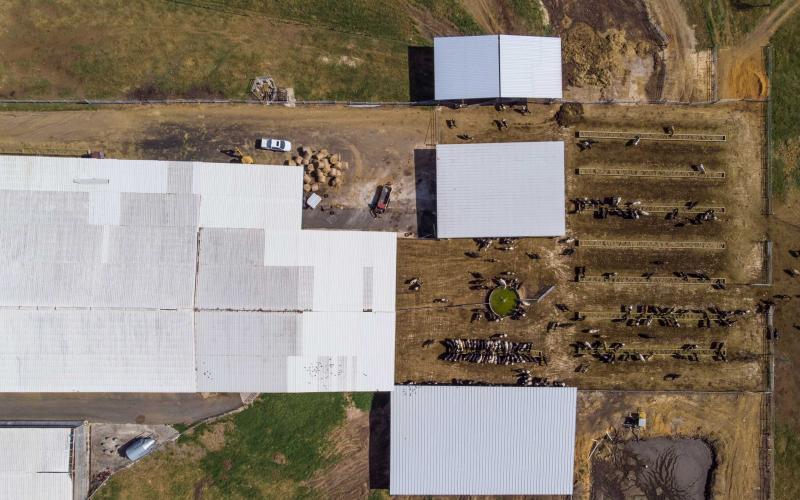
Dealing With Heat Stress in Dairy Cows
Alleviating heat stress is critical to milk production. Heat stress from high environmental temperatures can be compounded by mistakes in managing and feeding cows. Water is your first concern during periods of high temperatures.
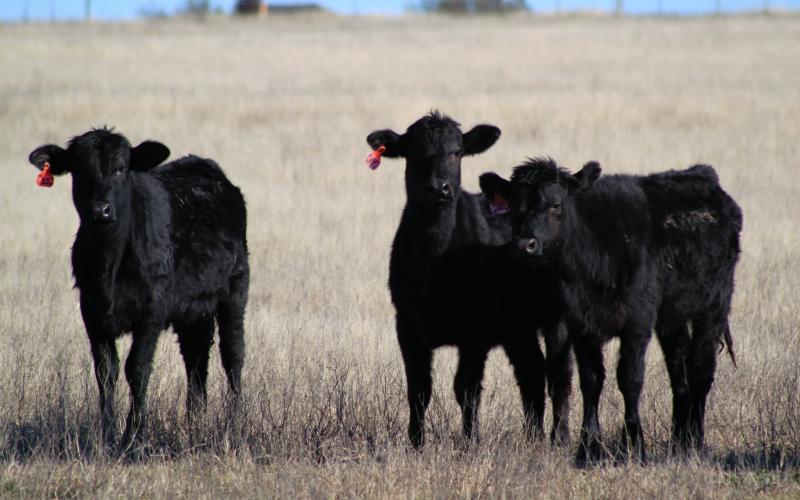
Springtime Vaccines: Tools For Healthy Summer Calves
Vaccines can be a valuable tool for cattle producers looking to help keep their calves healthy on summer pasture.
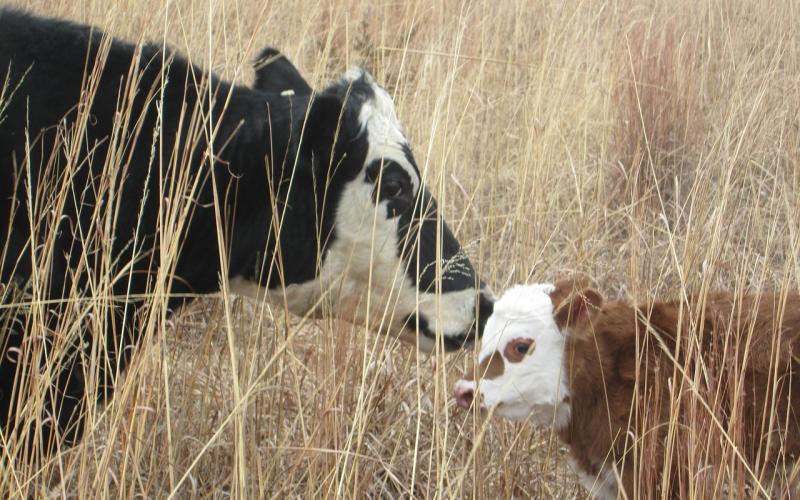
Preparing the Beef Calf for Weaning
One fact on which cattlemen, veterinarians, and animal scientists can agree is that of all the events in most calves’ lives, weaning is the most stressful of them all. If a calf can weather this stress unscathed, they have cleared a major hurdle to a productive future in the feedlot or as a replacement in the breeding herd.
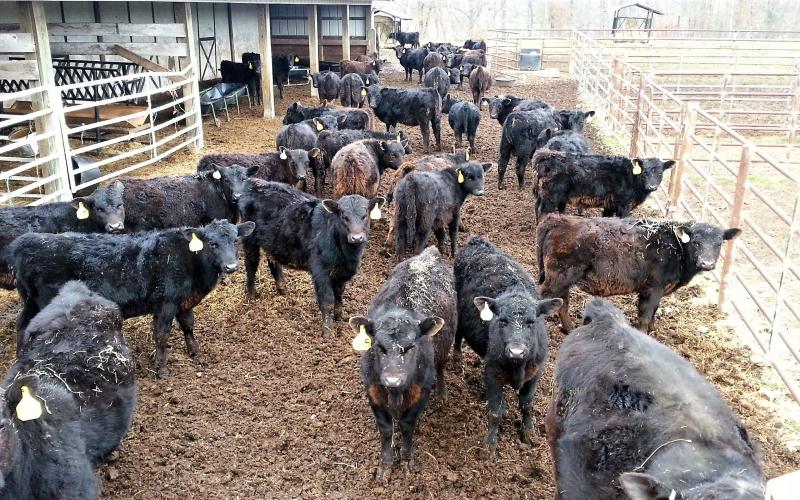
Johne’s Disease Management: Preventing Manure Contact is Key
The key to decreasing Johne’s Disease transmission is preventing young stock from coming in contact with manure from potentially infected animals.
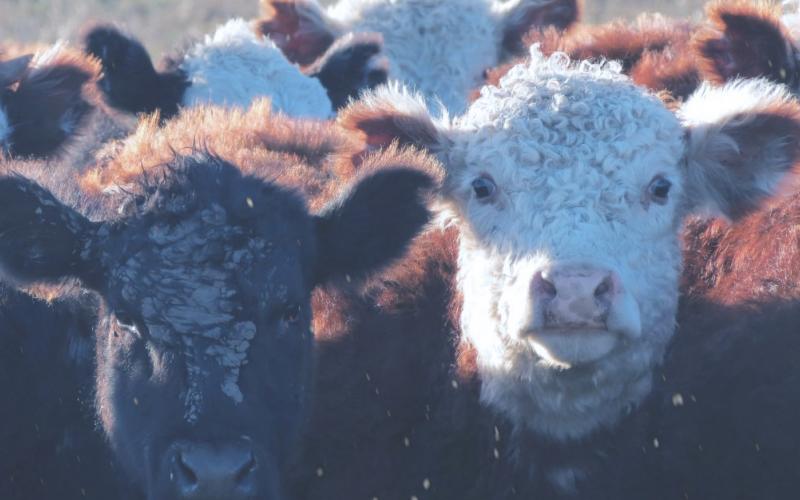
Does Cold Weather Contribute to Pneumonia in Calves?
Prolonged winter cold has some fairly obvious effects on cattle of all ages.
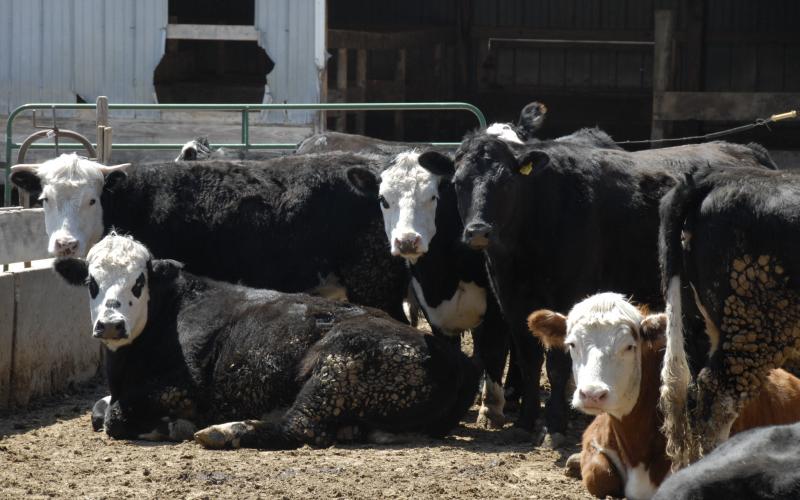
Liver Abscesses: The Unseen Profit Thief
Liver abscesses are a great example of an important value robber in feedlot cattle that’s not immediately apparent.
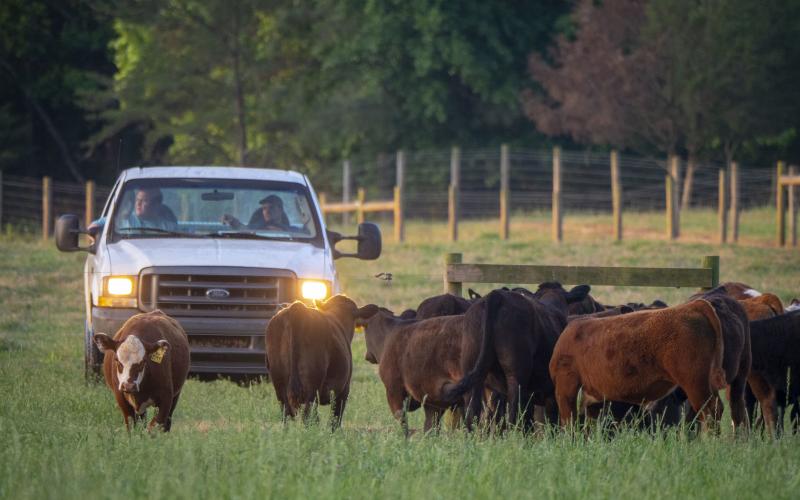
Managing Stress to Reduce Early Embryonic Loss in Beef Cattle
With the majority of pregnancy losses occurring in the embryonic period, it is critical to mitigate losses in livestock by managing stress and avoiding transportation when the embryo is most susceptible to mortality.
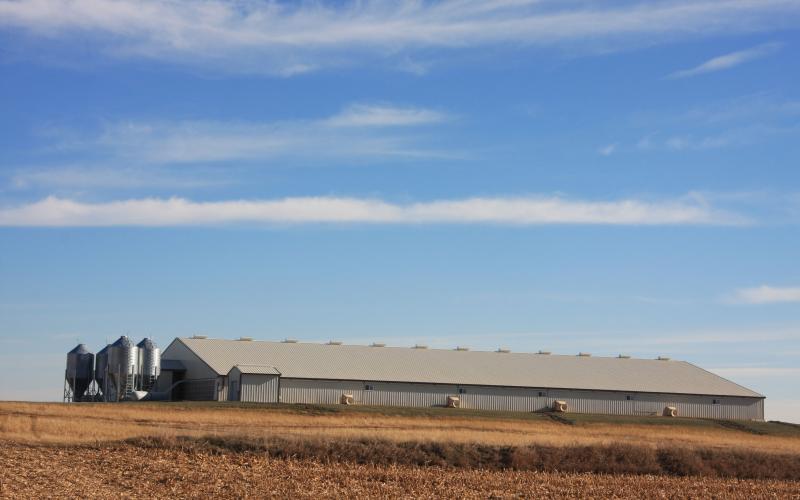
Pork Producers and the One Health Movement: Actions at the State Level
The term “One Health” has been coined to describe the concept that the health of people, animals and their environment are inextricably linked. The most commonly considered examples of One Health in practice are zoonotic diseases. For pork producers, influenza strains that originate in pigs, but pass to people are a pertinent example.